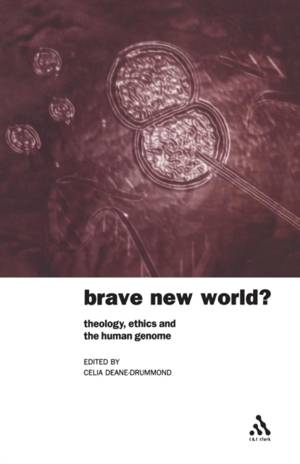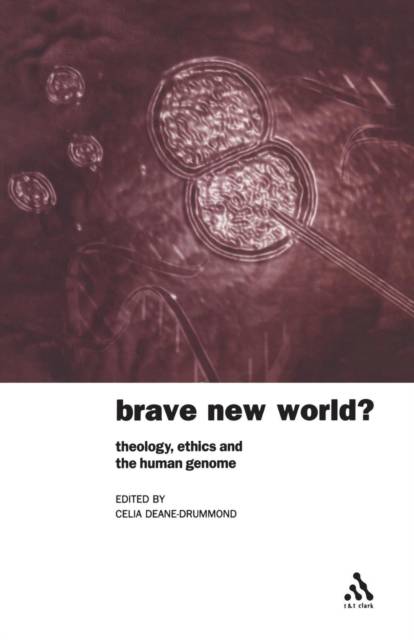
- Afhalen na 1 uur in een winkel met voorraad
- Gratis thuislevering in België vanaf € 30
- Ruim aanbod met 7 miljoen producten
- Afhalen na 1 uur in een winkel met voorraad
- Gratis thuislevering in België vanaf € 30
- Ruim aanbod met 7 miljoen producten
Omschrijving
One of the key issues facing us in the next millennium is the ability to manipulate the genetics of living organisms. The possibility of manipulating human genetics raises many theological, ethical and socio-political issues. These include specific decisions about whether the technology will be developed, how it will be applied and more general questions about the technical manipulation of 'natural' processes. From a theological perspective the human genome project not only challenges particular doctrines, such as that of creation, eschatology and anthropology, but also raises particular issues of social justice and medical ethics. The purpose of this book is to bring together the collective expertise of theologians, scientists and social scientists in order to provide a forum for critique and public debate focused on the human genome project.It is hoped that the results presented in this book offer a sophisticated theological and ethical response.
Specificaties
Betrokkenen
- Uitgeverij:
Inhoud
- Aantal bladzijden:
- 272
- Taal:
- Engels
- Reeks:
Eigenschappen
- Productcode (EAN):
- 9780567089366
- Verschijningsdatum:
- 1/11/2003
- Uitvoering:
- Paperback
- Formaat:
- Trade paperback (VS)
- Afmetingen:
- 141 mm x 212 mm
- Gewicht:
- 435 g

Alleen bij Standaard Boekhandel
Beoordelingen
We publiceren alleen reviews die voldoen aan de voorwaarden voor reviews. Bekijk onze voorwaarden voor reviews.






